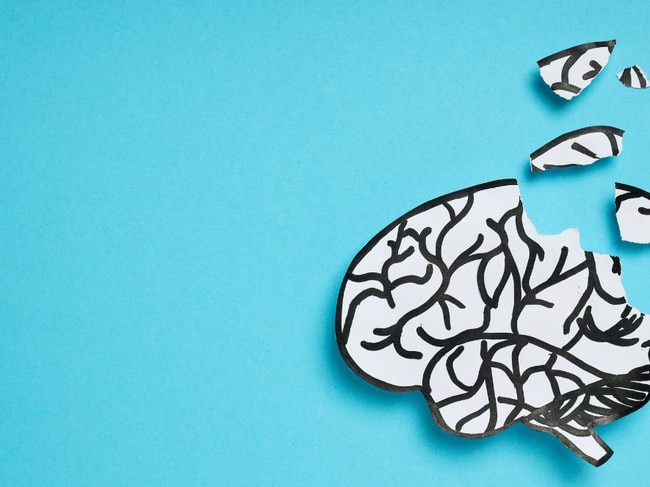Hearing loss linked to a third of dementia cases in older people
This common problem with hearing is blamed for a third of dementia cases in older people, a study suggests.
Dementia
Don't miss out on the headlines from Dementia. Followed categories will be added to My News.
Hearing loss is to blame for a third of dementia cases among older people, a study suggests, a higher proportion than previously thought.
The findings illustrate the importance of seeking treatment or using hearing aids as early as possible as this could delay dementia for many people, according to researchers from Columbia University in New York.
They analysed 2946 people with an average age of 74.9 years, of whom 1947 had some form of hearing loss. The subjects were followed from 2011 to 2019 and researchers sought to identify the “attributable fraction of incident dementia associated with hearing loss in older adults”.

The study, published in the journal JAMA Otolaryngology – Head & Neck Surgery, concluded: “In a large cohort of community-dwelling older adults with a mean age of 75 years, nearly one in three incident dementia cases could be attributed to clinically significant hearing loss.”
The precise proportion of cases that could be attributed to hearing loss was 32 per cent, researchers found.
“Treating hearing loss might delay dementia for a large number of older adults,” the study noted. “Public health interventions targeting clinically significant audiometric hearing loss might have broad benefits for dementia prevention.”
The link was even stronger in women and white people then in men and black people.
Previous studies have shown that treating hearing loss reduced the risk of developing dementia over the following three years by 48 per cent.
The 32 per cent finding is higher than previous findings, which have varied between 2 and 19 per cent, researchers said. They noted that it was important to base such studies on hearing loss diagnosed through testing rather than on self-reported hearing loss.
The study could not identify the mechanism by which hearing loss could increase dementia but suggested that it increased the “cognitive load” on the brain when a person was struggling to make out what was being and could also decrease social engagement with others. It may also “induce structural and functional brain changes”, the researchers said.

The study suggested that treating hearing loss could be a more effective way to delay dementia than altering other lifestyle factors, saying: “Relative to other potentially modifiable risk factors earlier in life [such as] midlife obesity, physical inactivity [and] low education, the preventive potential from addressing hearing loss in late life could be sizeable.
“The capacity for hearing treatment and rehabilitation through technological interventions, such as hearing aids and cochlear implants, provides a compelling public health message about the importance of accessing affordable and acceptable hearing health care for maintaining auditory health across the course of life.”
The Alzheimer’s Society said “the amount of hearing loss and length of time someone has hearing loss also impacts dementia risk”, adding: “People with hearing problems may also be more likely to withdraw from social situations and become more isolated.
Social isolation and depression are both risk factors for dementia.
Hearing loss may also mean that the areas of the brain that help us understand sounds and speech have to work harder … this additional effort may lead to changes in the brain that affects our memory and thinking abilities.”




